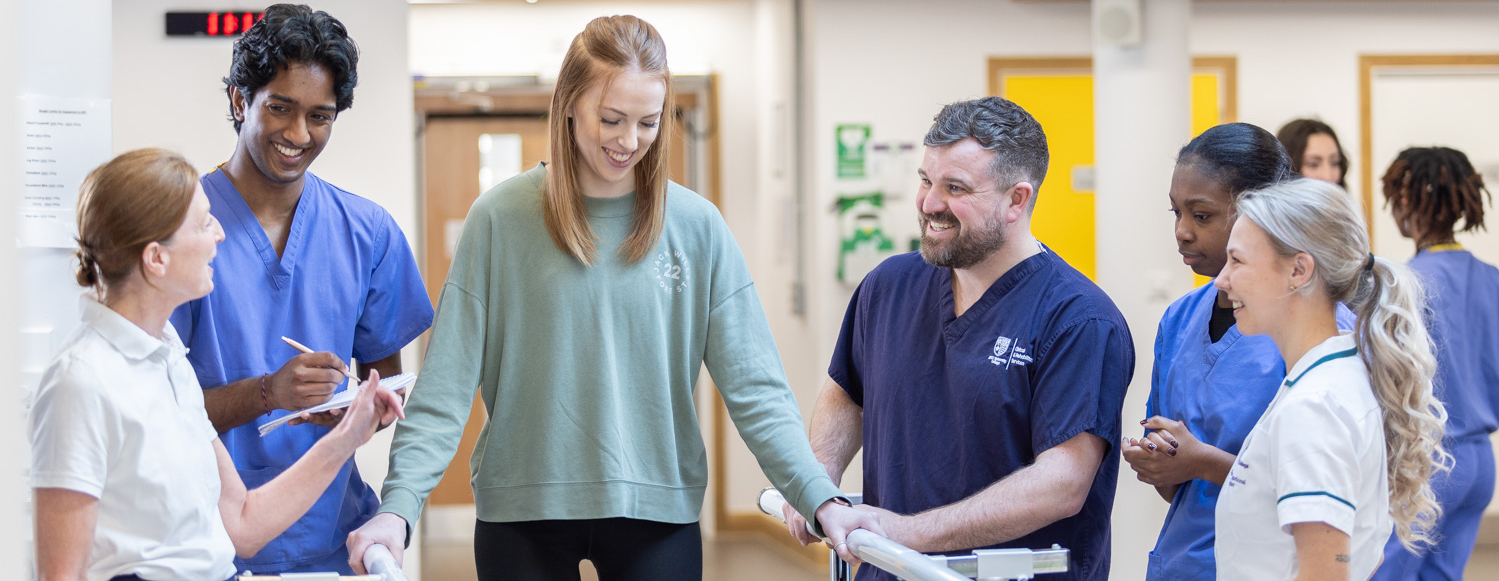 26/04/24
26/04/24
 26/04/24
26/04/24
AECC University College
Parkwood Campus
Parkwood Road
Bournemouth
BH5 2DF